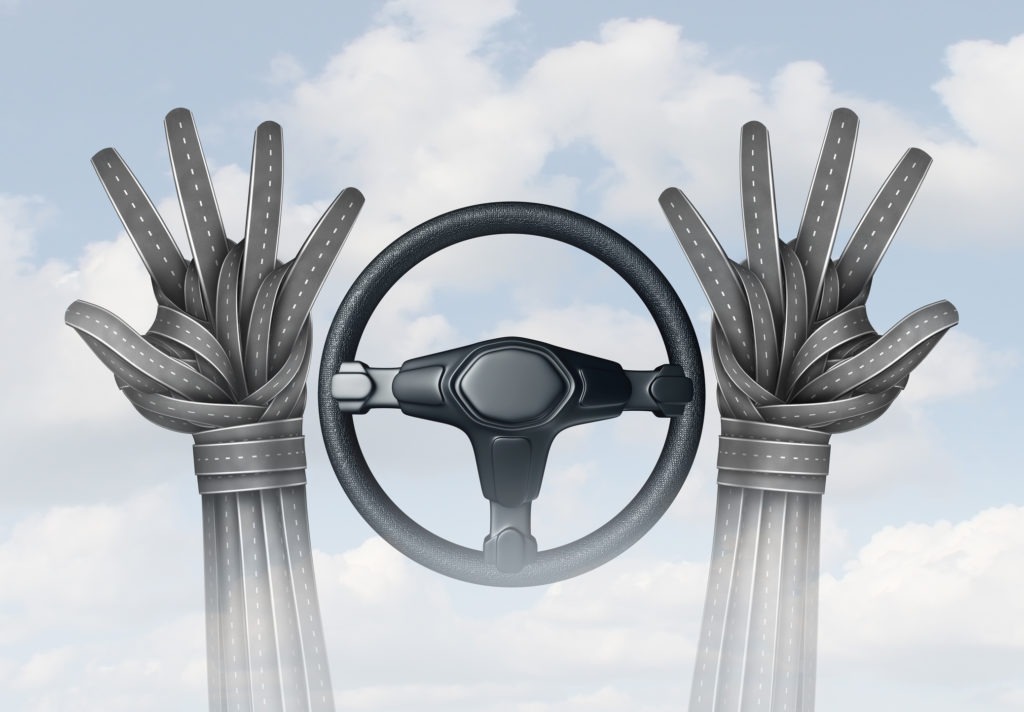Driverless cars are not favoured by consumers
12 April 2019

12 April 2019
A majority of people would never feel safe giving a vehicle any form of driverless control while they are a passenger, highlighting the difficult work ahead for carmakers to convince the public that autonomous vehicles are safe.
In the latest Autovista Group poll, 58% of respondents answered that they would never feel safe allowing a driverless car to take full control in any driving situation. Carmakers are working on the technology to counter interest in the market from technology companies, with some looking to collaborate to share the cost burden while bringing autonomous cars to market quicker.
A quarter of those who answered the question ′would you feel safe giving total driving control to an autonomous vehicle’ said they would only do so if they were alert and ready to take over at all times. This corresponds to level 3 autonomy, a technology that many manufacturers are looking to skip on their path to fully driverless vehicles.
Only 11% of voters said they would feel comfortable giving total control to a driverless car in all situations, Therefore, a staggering 89% of respondents would not feel comfortable giving full control to a driverless car, either under certain conditions or at all ″” a worrying statistic for an industry consumed by bringing the technology to market. Only 4% agreed they would feel comfortable ceding control on motorways and just 2% said they would be happy to hand over control to a computer in urban or rural environments.
Comments
Many of those who took part felt that it would be impossible for software to cope with every possible driving situation. One respondent commented that it is unlikely that a vast majority of situations could be added to development testing, meaning questions would always remain about how safe autonomous systems are.
Additionally, some highlighted that current safety systems, such as lane-departure, are unreliable due to environment and infrastructure issues. The reliability of the technology, therefore, depends on communication networks and road markings, amongst other things, being properly maintained and updated, while systems will also have to learn to cope with extreme weather.
One comment highlighted that while it is one thing for a computer to crash, it is another for a one and a half tonne car to do the same with a family inside. Another pointed out that even if systems were 100% reliable and accurate, there is always a chance of something unpredictable happening as we live in a world full of human beings and not robots.
Therefore, it may well be that the biggest battle the automotive market faces is not the development or the cost of driverless technology, but convincing people to use and adapt to the technology.